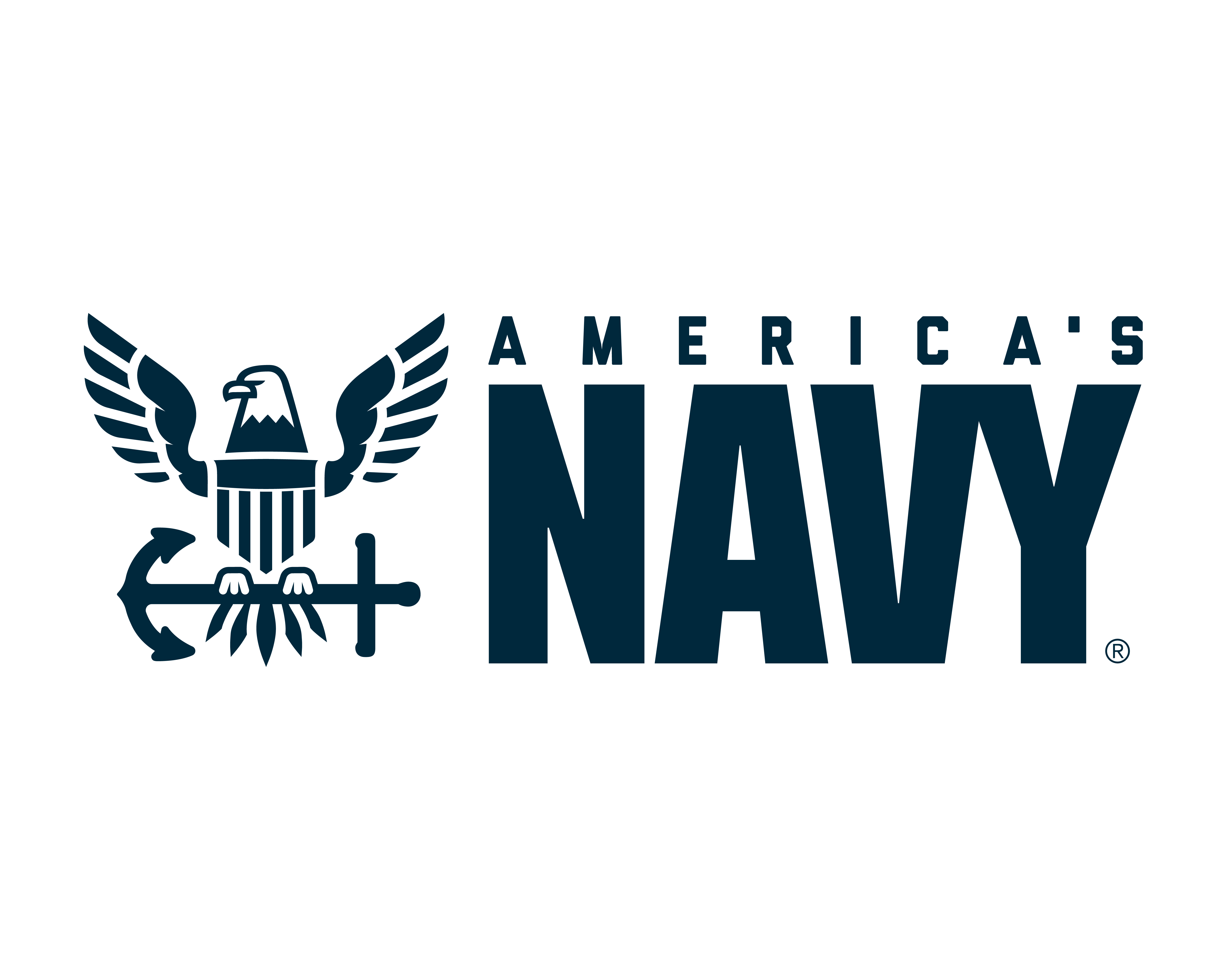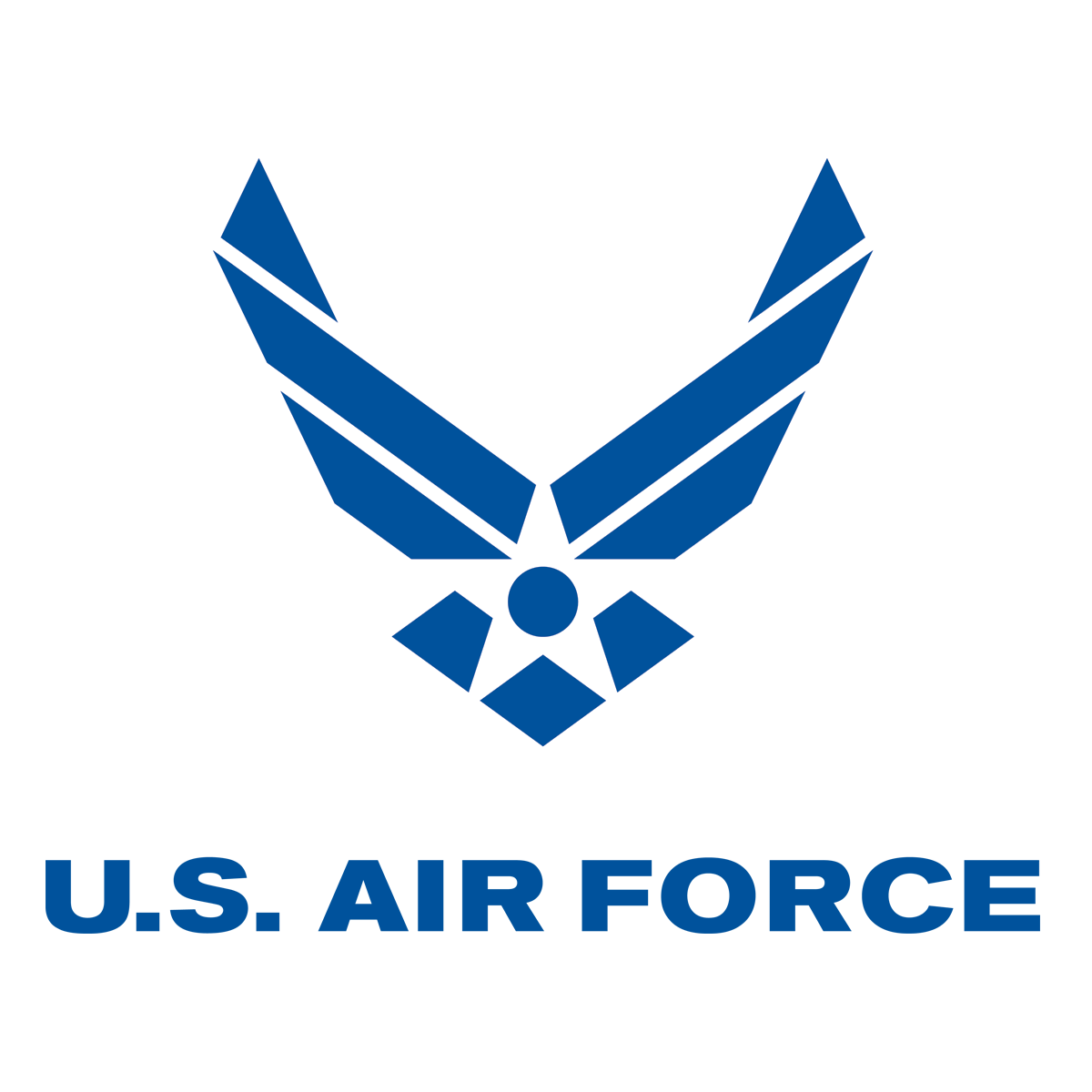Military Heavy Equipment Mechanics
Military Career
General Information
Description
Heavy equipment mechanics specialize in the maintenance and repair of heavy equipment, such as tanks and other combat vehicles. They maintain and repair construction equipment, including equipment used for earthmoving, grading and compaction, lifting and loading, quarrying and rock crushing, asphalt/concrete mixing and surfacing, and water pumping, as well as special purpose equipment, including power generation equipment and air conditioning/refrigeration systems. They also supervise and perform diagnostic troubleshooting to determine maintenance repair criteria.
Explore this career outside the MilitaryWork Environment
Heavy equipment mechanics usually work inside large repair garages. They work outdoors when making emergency repairs in the field.
Workplace at a Glance
What you can expect to experience while on the job
- Responsibility
- Exposure to job hazards
- Physical activity
- Decision making
- Repetitiveness
- Level of competition
- Time pressure
Comparable Industries
- Transportation, Distribution & Logistics
Military Outlook
Service Branches
Jobs in this career field may be available in other service branches. Call or email a particular branch for more info.
Military Status
- Enlisted
- Hands-on/specialized
- High school diploma required
Military Workforce
Heavy Equipment Mechanics in the Military
41,579
Salary
Salary Information
Median Military Salary This is the median, or the midpoint, of the salary range for this career.
$70,061
Military Salary Range Salary varies based on years of service, degree level, special pays, family status and location. Learn more about Military benefits.
$22,740 - $206,836
What makes up a Military salary?
Military salaries include a lot more than just base pay.
They also offer:
- Housing allowances
- Subsistence allowances
- Special and incentive pays
- Cost-of-living allowances
- Hazardous-duty pay
- Bonuses
Learn more about what goes into a salary with the compensation estimator
Learn more about military insurance and retirement benefits
Education
Most Common Education Levels
People in this career achieve this level of education.
-
Post-secondary certificate 54%
-
High school 29%
-
Some college 7%
-
Associate's degree 5%
-
Less than high school 2%
-
Master's degree 0%
-
Doctoral degree 0%
-
Bachelor's degree 0%
-
Post baccalaureate 0%
-
Post-doctoral training 0%
-
Post-master's certificate 0%
-
First professional degree 0%
Military training
All enlisted service members complete basic military training, which includes time spent in a classroom and in the field, and covers tactical and survival skills, physical training, military life and customs, and weapons training. Job training for heavy equipment mechanics consists of classroom and hands-on training. Training content may include: Repairing mechanical, electrical, hydraulic, fuel, and armament systemsRepairing and replacing body panels, fenders, and radiatorsEngine repair and tune-up or replacementElectronic and mechanical principles and conceptsUse of electronic, electrical and mechanical test equipmentShop operations, such as inventory controlUse and care of hand and power toolsUse of automated information systems
Read MoreSkills at a Glance
Skills helpful in this career
- Verbal skills
- Critical thinking & problem solving
- Equipment operation & maintenance
- Math & science skills
- Technology design & control
- Leadership
Related College Majors
Select major to see colleges that offer it
Knowledge
- Mechanical
- Mathematics
- Computers and Electronics
- Customer and Personal Service
- Engineering and Technology
Gain insights into your knowledge by using the ASVAB Career Exploration Program
 Army
Army Marine Corps
Marine Corps Navy
Navy Air Force
Air Force Coast Guard
Coast Guard Space Force
Space Force